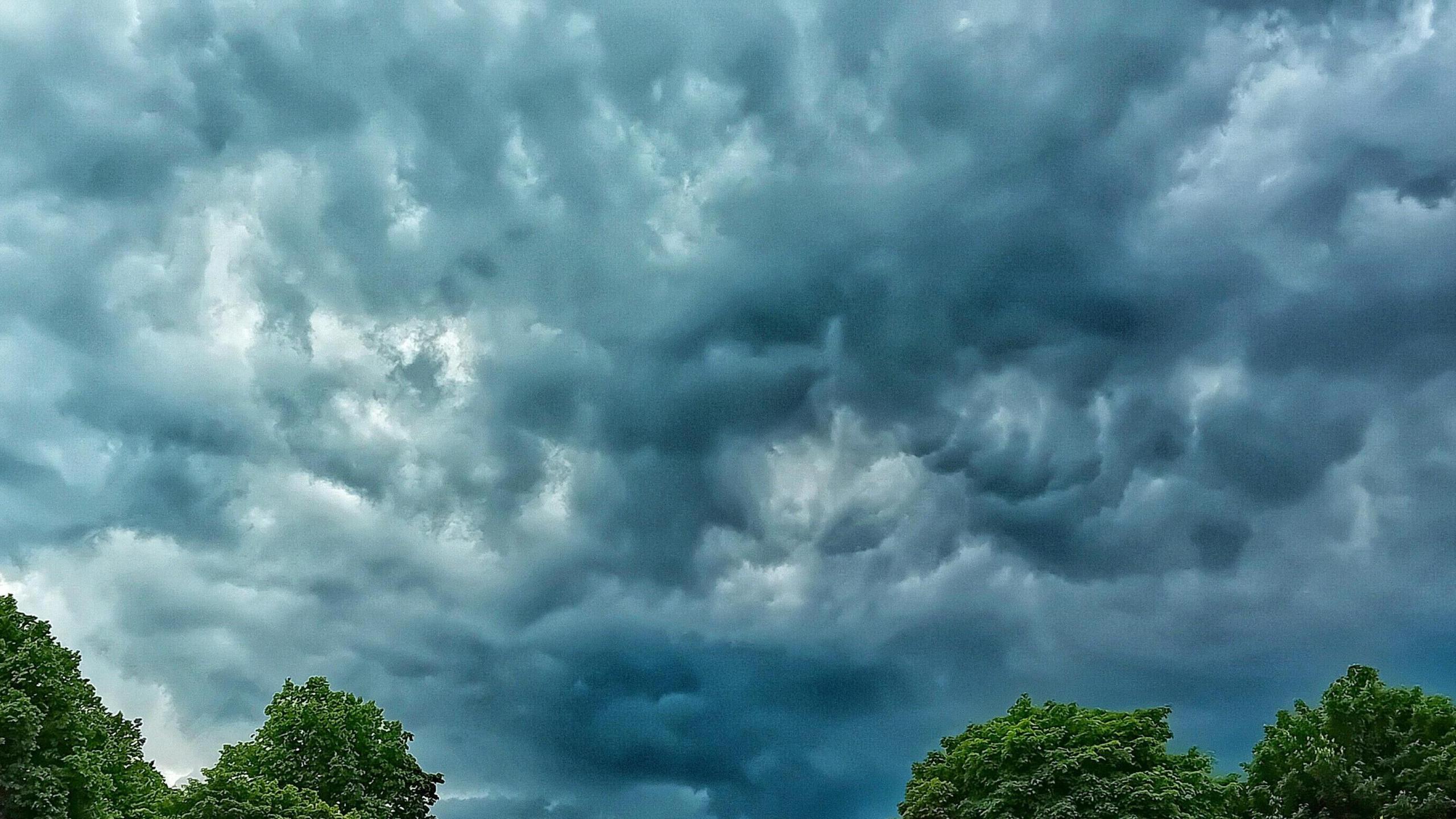Can you imagine a year without a summer?

The summer of 1816 was cold, very wet and often sunless
At a glance
Eruption of Mount Tambora volcano in April 1815
Global climate impacted over several years
Plunging temperatures and drought led to widespread crop failures and disease.
- Published
Many of us living in the UK would wryly respond to the title with βthatβs most summers isnβt it?β, but the summer of 1816 was unimaginable.
Large regions of the world were at the mercy of drought and famine as global temperatures plummeted.
The cause of this catastrophe was the massive eruption of Mount Tambora in the April of the year before. It remains the most destructive volcanic eruption on Earth in the last ten thousand years.
A series of violent eruptions began at Mount Tambora, on Sumbawa in Indonesia, in April 1815
The explosion, on the Indonesian island of Sumbawa was 10 times more powerful than the later eruption at Krakatoa.
Ten thousand people were killed on the island alone, but many more lost their lives in the years that followed as an indirect result of the 24 cubic miles of gas, dust and rock spewed up into the atmosphere.
A layer of sulphate aerosols - small ash particles, travelled around Earth high up in the stratosphere.
Ash cloud erupting from a volcano releasing dust and rock into the atmosphere
This helped top block out solar radiation and absorb heat, leading to a sustained period of extreme weather β the most devastating in thousands of years.
Global temperatures plummeted by 3 Celsius, on average. The colder weather and reduced sunlight caused widespread crop failure and famine.
Weather patterns changed, bringing severe drought to some areas.
A summer of UK storms
Weather patterns across Western Europe became stuck.
With higher pressure dominant in the Atlantic, a persistent north-westerly air flow was established.
The weather was cold, very wet and often sunless, with frequent storms.
The Central England Temperature series, the longest instrumental temperature record in the world, highlights July 1816 as the coldest ever recorded.
Across some central and southern areas, the entire summer was the coldest on record.
Snow fell in parts of the Midlands in mid-May with daytime temperatures more akin to January and February.
Agriculture felt some of the biggest effects and crop production fell due to the poor growing conditions.
In Oxfordshire, for instance, the number of βgrowing daysβ in 1816 was just 202, compared to nearly 290 growing days, that we have today.
Summer 1816 in the UK was dominated by grey and stormy skies.
Prolonged drought and famine
These cold and wet conditions across Europe only added to the misery caused by the Napoleonic wars.
Food became scarce and many riots followed.
In Ireland, wheat, oat and potato crops failed. The resulting famine and typhus outbreak took many lives.
In the north-east of the US, the presence of snow and frozen soil well into summer, hampered the growing season immensely. There was a dramatic rise in food prices and mass migration to the west followed.
In Asia, it was China that felt some of the worst effects. The crucial monsoon rains were disrupted and in Yunnan province the combination of flooding and cold led to a three year famine in the area.
Not everywhere saw temperatures drop.
Changing weather patterns sent warmer air into the Arctic and the briefly warmer waters here caused ice to break up more readily.
The combination of low temperatures, lack of sun, and storms saw crops fail in a number of regions of the world
Two hundred years later, our main climate concerns are related to the impacts of a warming world rather than a cooling one.
However, our planet is still shaped by constant geological changes and the effects of volcanic eruptions on our climate remain a possibility.
- Published31 May
- Published17 May 2023
- Published18 January